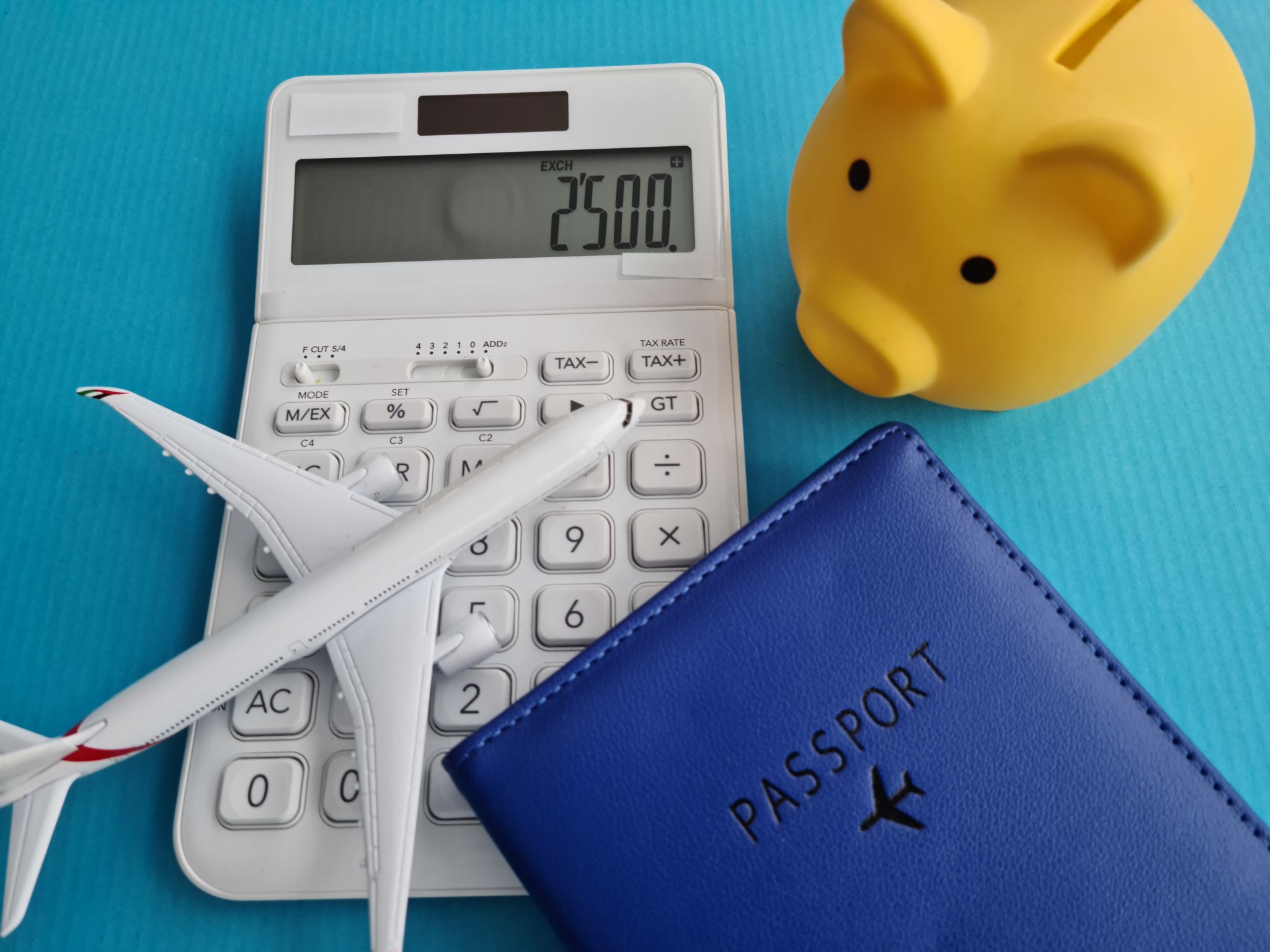Choosing the Right Spiritual Retreat: Key Factors to Consider
Understanding Your Spiritual Needs
Embarking on a spiritual retreat can be a transformative experience, but selecting the right one requires careful consideration. The first step is to understand your own spiritual needs. Are you looking to deepen your meditation practice, explore mindfulness, or perhaps find a peaceful escape from daily stress? Knowing your intentions will help guide you to a retreat that aligns with your goals.
Consider the type of practices or teachings you wish to explore. For instance, if you are interested in yoga, ensure the retreat offers classes that match your level and style preference. Similarly, if you are seeking a silent retreat, check whether the schedule includes extended periods of silence.

Location and Setting
The location of a spiritual retreat plays a crucial role in your overall experience. Decide whether you prefer a retreat in nature, such as the mountains or by the sea, or if you are drawn to historical settings like monasteries. Each setting offers unique benefits and can significantly impact your journey.
Consider the climate and environment of the location. You may want a warm, tropical setting or a cool, mountainous escape. Additionally, think about the travel logistics involved, such as how accessible the location is and what modes of transportation are required to get there.

Retreat Duration and Structure
Retreats vary widely in terms of duration, from weekend getaways to month-long immersions. Determine how much time you can realistically dedicate to this experience without affecting your responsibilities back home. A longer retreat might offer deeper insights, while a shorter one might provide a refreshing break.
Examine the daily schedule and structure of the retreat. Some retreats may have a rigid timetable with activities planned throughout the day, while others offer more flexibility and personal time. Choose a structure that suits your preference for guided activities versus personal reflection time.

Retreat Facilitators and Guides
The facilitators and guides at a retreat can greatly influence your experience. Research their backgrounds to ensure they are reputable and have the necessary expertise in their fields. Look for testimonials or reviews from past participants to gain insight into their teaching styles and effectiveness.
Consider whether you prefer individual attention or group sessions. Some retreats offer personalized guidance, while others focus on group dynamics and shared experiences. Understanding this aspect can help you choose facilitators who match your learning preferences.
Cost and Value
While cost should not be the sole determining factor, it's important to ensure that the retreat fits within your budget. Compare prices across different retreats and consider what is included in the package—accommodation, meals, activities, and any additional amenities.
Assess the value you expect from the retreat. Sometimes, investing more in a well-structured and highly reputed retreat can lead to greater personal growth and satisfaction. Balance your financial considerations with the potential benefits you hope to gain from the experience.

Community and Atmosphere
The community aspect of a retreat can enhance your experience by providing support and shared learning opportunities. Consider whether you prefer a small, intimate group or a larger gathering with diverse participants from various backgrounds.
Reflect on the atmosphere you wish to be part of during the retreat. Some people thrive in vibrant and interactive environments, while others seek quiet solitude. Ensure the retreat atmosphere aligns with your expectations for personal growth and comfort.
